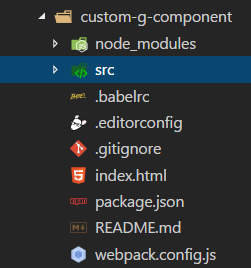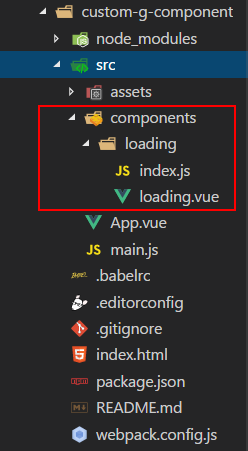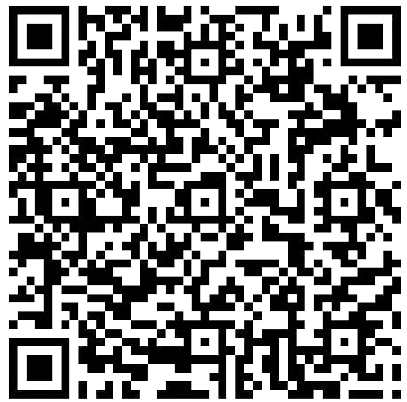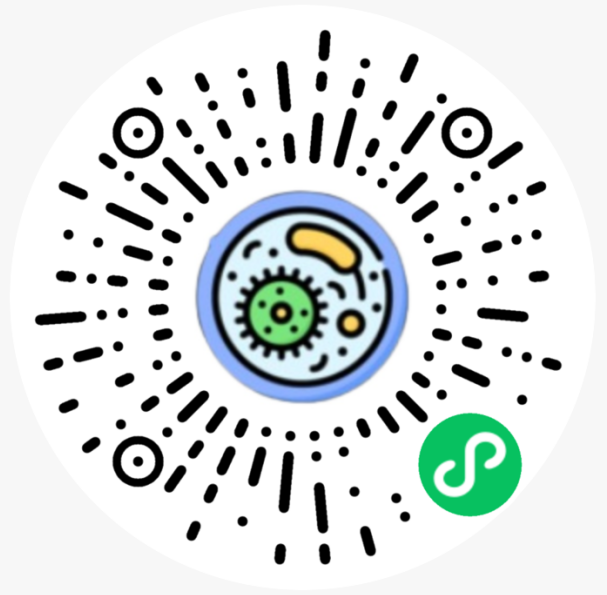关于Vue.use()
问题
相信很多人在用Vue使用别人的组件时,会用到 Vue.use() 。例如:Vue.use(VueRouter)、Vue.use(MintUI)。但是用 axios时,就不需要用 Vue.use(axios),就能直接使用。那这是为什么呐?
答案
因为 axios 没有 install。
什么意思呢?接下来我们自定义一个需要 Vue.use() 的组件,也就是有 install 的组件,看完之后就明白了。
定义组件
生成模版
vue init webpack-simple custom-global-component
custom-global-component 为新建的文件夹名称
然后一路回车
cd custom-global-component进入该文件夹
npm install安装本次需要的模块
npm run dev运行项目
如果能正常打开,进行下一步
这是当前项目目录:

1.创建如下图中的文件夹和文件

2.在 Loading.vue 中定义一个组件
1 | <template> |
3.在 index.js 中 引入 Loading.vue ,并导出
1 | // 引入组件 |
4.在 main.js 中引入 loading 文件下的 index
1 | // 其中'./components/loading/index' 的 /index 可以不写,webpack会自动找到并加载 index 。如果是其他的名字就需要写上。 |
5.在App.vue里面写入定义好的组件标签 ``
1 | <template> |
6.看到这儿大家应该就明白了吧,用 axios时,之所以不需要用 Vue.use(axios),就能直接使用,是因为开发者在封装 axios 时,没有写 install 这一步。至于为啥没写,那就不得而知了。
转载
点击前往
Use this card to join the candyhome and participate in a pleasant discussion together .
Welcome to aqing's candyhome,wish you a nice day .


.jpg)
